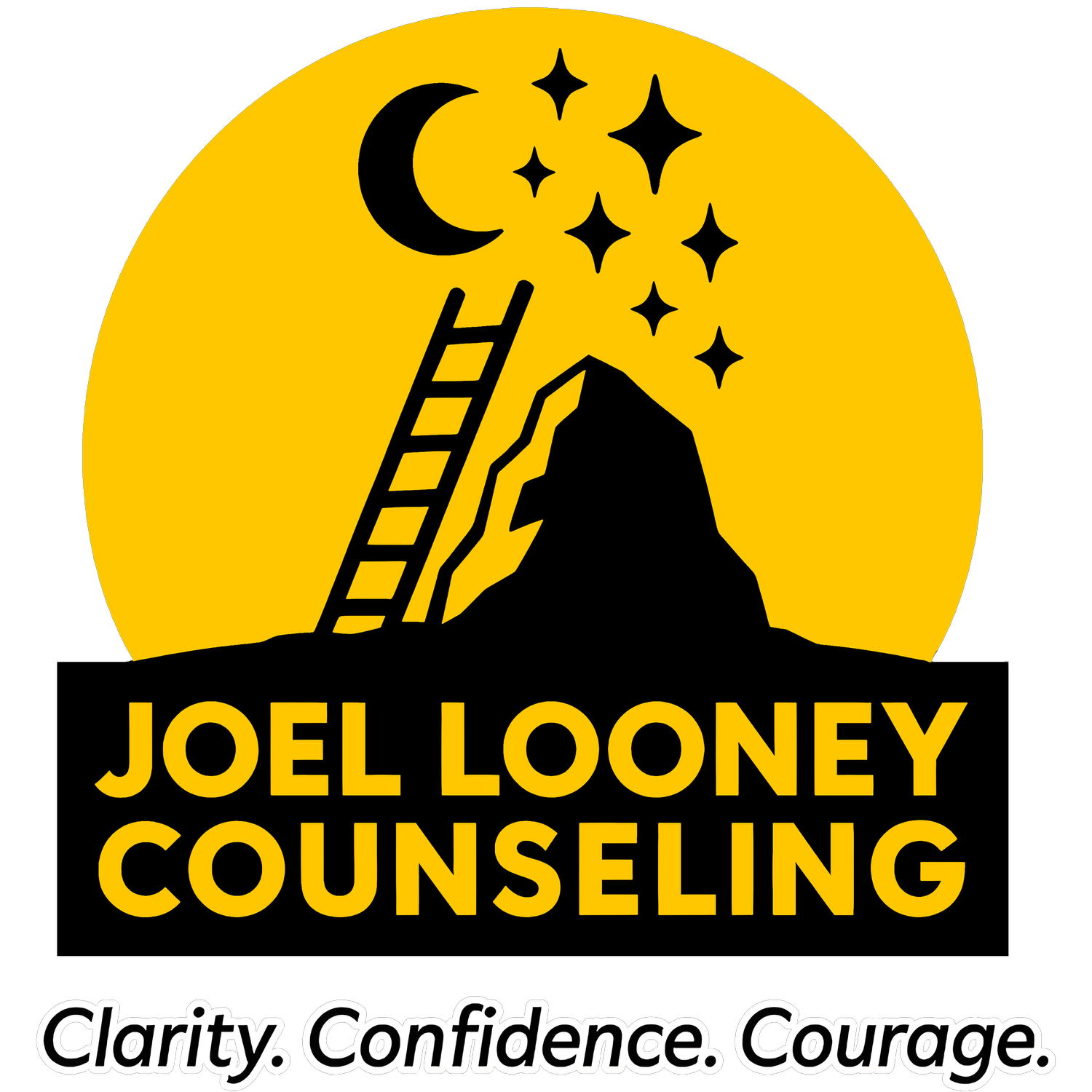
Assessments
Assessment 1: Roots & Roles
Theme: Where I Come From
Estimated Time: 15–20 minutes
Instructions:
Please complete each section as thoughtfully and honestly as you can. Most sections offer a combination of multiple-choice and short-answer questions. Your responses will help generate a personalized growth profile.
Assessment 2: Assessment 2: Personality & Patterning
Theme: Where I Come From
Estimated Time: 15–20 minutes
Instructions:
Please complete each section as thoughtfully and honestly as you can. Most sections offer a combination of multiple-choice and short-answer questions. Your responses will help generate a personalized growth profile.
